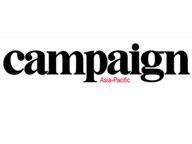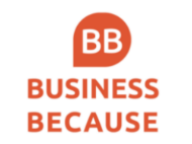Research Center Events
—
Fireside Chat with Jelena McWilliams
—

NYU Stern's Center for Global Economy and Business and Volatility and Risk Institute will host a fireside chat with Jelena McWilliams, Chairman of the FDIC.
Research Center Events
—

NYU Stern's Center for Global Economy and Business and Volatility and Risk Institute will host a fireside chat with Jelena McWilliams, Chairman of the FDIC.





















